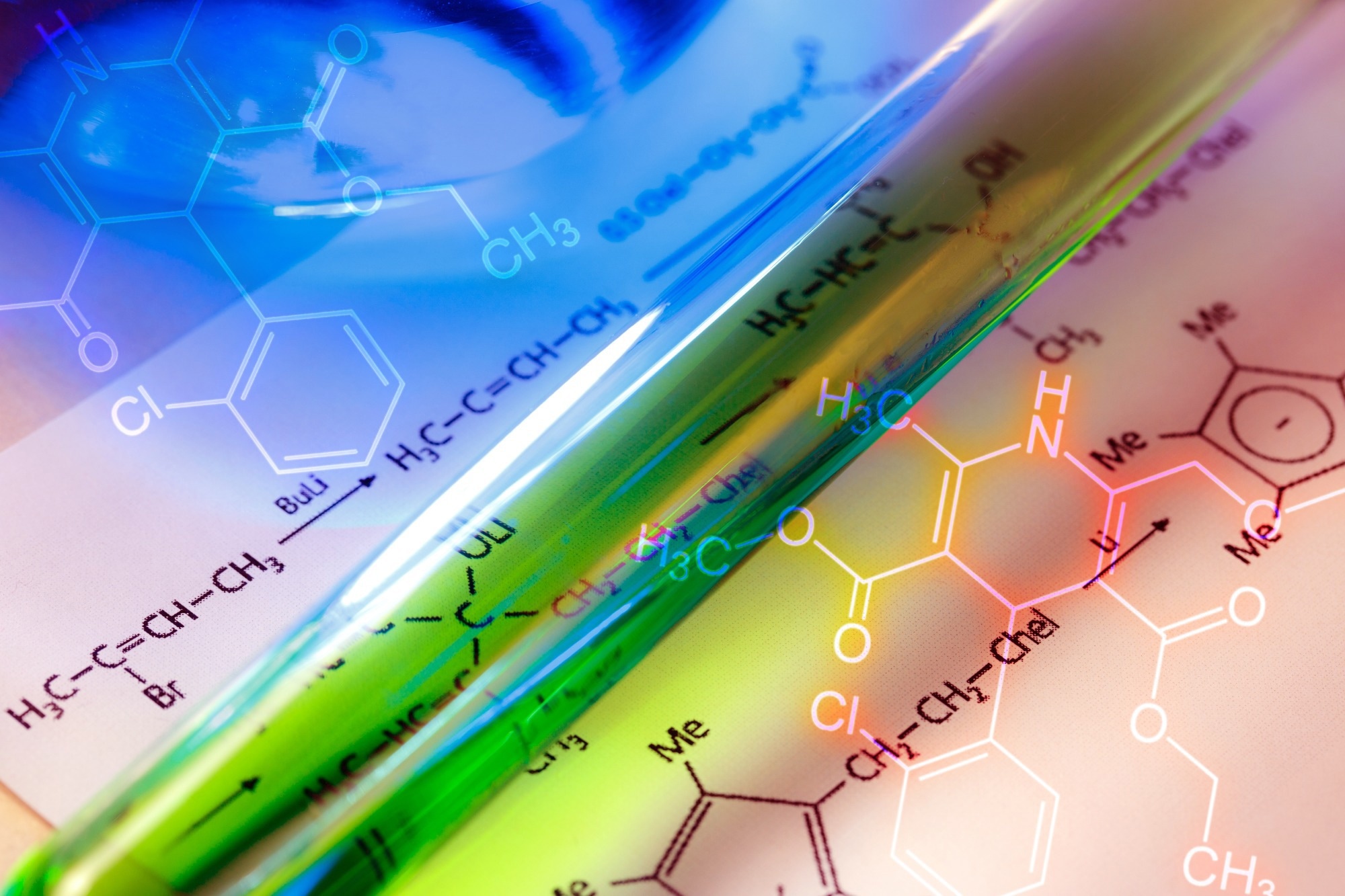By merging robotics, machine learning, and 3D-printed reactor design, Reac-Discovery is turning pollutants like CO₂ into valuable resources, ushering in a new era of intelligent, sustainable chemistry.

Research: Reac-Discovery: an artificial intelligence–driven platform for continuous-flow catalytic reactor discovery and optimization. Image Credit: Garsya / Shutterstock
A team from the Universitat Jaume I (UJI) has developed an innovative robotic platform, powered by artificial intelligence, that promises to revolutionize the design of sustainable chemical processes. The system, named Reac-Discovery, makes it possible to optimize in just a few days what previously could take months or even years of work in a traditional laboratory, thanks to its high level of integration and automation.
Turning CO₂ from Pollutant to Resource
Chemistry and sustainability are advancing hand in hand. Reducing environmental impact while maintaining industrial productivity is one of the most significant challenges of our time. Clear examples include the use of carbon dioxide—one of the leading greenhouse gases responsible for climate change—as a raw material to produce polymers, pharmaceuticals, or high-value materials. Turning a pollutant into a helpful resource would help cut emissions and reduce dependence on fossil fuels.
The Reac-Discovery Platform
In this context, the Institute of Advanced Materials at the UJI has created Reac-Discovery. This semi-automated digital platform integrates the design, 3D printing fabrication, and rapid evaluation of catalytic reactors. Thanks to machine learning algorithms and their self-optimization capabilities, the system can analyze and adjust multiple reaction parameters in real time, drastically reducing resource use while generating high-value scientific and industrial data.
What once took months or years to achieve with traditional lab methods can now be done in just weeks. This is because, in conventional techniques, experiments are designed, executed, and analyzed manually by humans, a time-consuming process that requires numerous repetitions, manual data recording, and individual interpretation of results.
Three Modules of Reac-Discovery
The platform operates through three interconnected modules:
- Reac-Gen, which digitally designs the reactor structures.
- Reac-Fab, which manufactures them in high resolution using 3D printing.
- Reac-Eval is an autonomous lab that simultaneously evaluates the performance and productivity of the reactors produced in Reac-Fab and adjusts the reaction conditions using artificial intelligence. This enables a significant increase in productivity.
The 3D-printed structures feature special geometries—open cells with interconnected pores—that far outperform traditional reactors. This makes them highly promising tools for Industry 5.0 chemistry, which merges digitalization with sustainability.
Published Results and Applications
The latest results of this development have been published in the prestigious journal Nature Communications, in an article titled "Reac-Discovery: an artificial intelligence–driven platform for continuous-flow catalytic reactor discovery and optimization". Among the case studies presented are the hydrogenation of acetophenone, a key reaction in the production of pharmaceuticals and fine chemicals, and the transformation of CO₂ into cyclic carbonates for use as electrolytes or precursors of polymers such as polycarbonates.
Advancing Global Sustainable Chemistry
With this breakthrough, the UJI positions itself at the international forefront of sustainable chemistry research, demonstrating how the combination of artificial intelligence, robotics, and 3D printing can accelerate the transition toward more efficient and environmentally friendly processes.
Source:
Journal reference:
- Tinajero, C., Zanatta, M., Sánchez-Velandia, J.E. et al. Reac-Discovery: an artificial intelligence–driven platform for continuous-flow catalytic reactor discovery and optimization. Nat Commun 16, 9062 (2025). DOI:10.1038/s41467-025-64127-1, https://www.nature.com/articles/s41467-025-64127-1